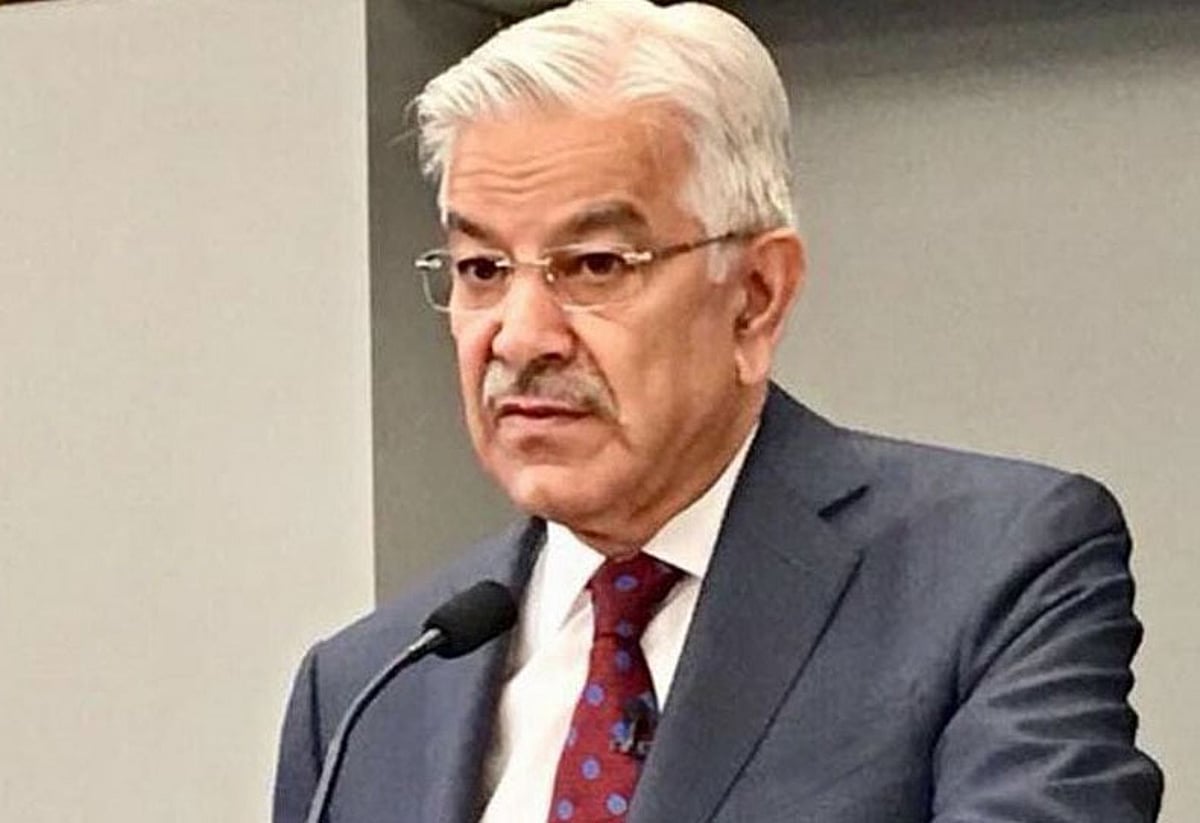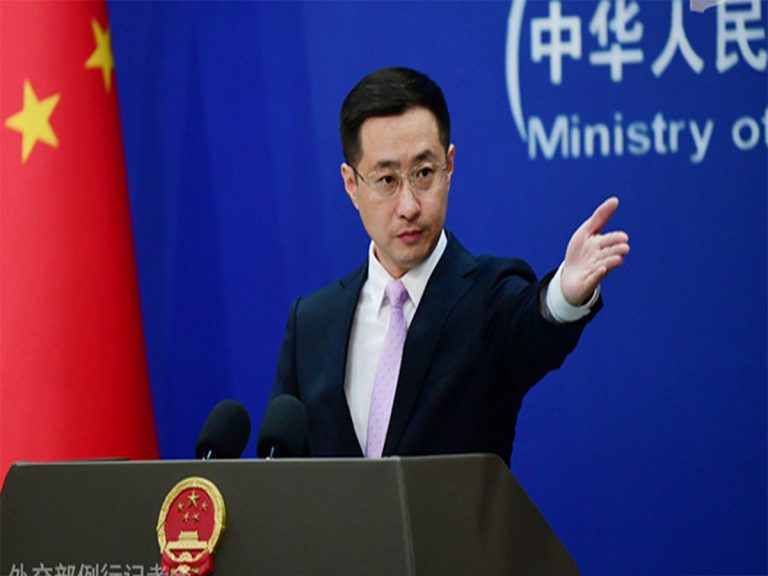Pakistan Warns Taliban After Failed Peace Talks in Istanbul
Tensions between Pakistan and the Taliban-led government in Afghanistan have escalated following the collapse of peace talks in Istanbul. Pakistan’s Defence Minister Khawaja Asif issued a stark warning to the Taliban, emphasizing the potential consequences of testing Islamabad’s resolve. This warning comes in the wake of ongoing concerns about cross-border terrorism and the stability of the region.
Breakdown of Peace Talks
The peace negotiations, which took place over four days in Istanbul and were mediated by Qatar and Turkey, ended without a resolution. Pakistan’s Information Minister, Attaullah Tarar, confirmed the failure of the talks, stating that they did not yield any workable solutions. This setback follows a previous round of discussions in Doha that resulted in a ceasefire on October 19, after violent border clashes that claimed over 70 lives, including soldiers, civilians, and militants.
Despite the breakdown of the Istanbul talks, the ceasefire established in Doha remains in effect, with no new skirmishes reported along the Pakistan-Afghanistan border. However, Pakistan continues to accuse the Taliban of providing sanctuary to militants, particularly the Tehreek-e-Taliban Pakistan (TTP), who are believed to be responsible for a surge in attacks within Pakistan. The Taliban, on the other hand, denies these allegations and accuses Pakistan of escalating tensions.
Minister’s Strong Statements
In a forceful statement on social media, Defence Minister Khawaja Asif criticized the Taliban for their perceived deceit and warmongering. He warned that any further attacks would lead to severe retaliation from Pakistan. Asif expressed frustration over what he described as the Taliban’s treachery, stating, “We have borne your treachery and mockery for too long, but no more.” He cautioned the Taliban that any terrorist act in Pakistan would result in a harsh response, urging them to reconsider any aggressive actions.
Asif also remarked that Pakistan had engaged in talks at the behest of “brotherly countries” seeking peace, but noted that inflammatory remarks from certain Afghan officials reflect the Taliban’s fractured mindset. He asserted that Pakistan possesses the capability to decisively counter any threats from the Taliban, suggesting that the Taliban’s attempts to maintain power through conflict would ultimately fail.
UN Calls for Restraint
The United Nations has expressed concern over the failure of the peace talks and the potential for renewed violence. UN spokesperson Stephane Dujarric emphasized the importance of restraint and expressed hope that fighting would not resume. The UN’s call for calm highlights the international community’s interest in maintaining stability in the region.
Ongoing Border Issues
In addition to the diplomatic tensions, key border crossings between Pakistan and Afghanistan have remained closed for over two weeks, resulting in significant logistical challenges. Trucks laden with goods have been stranded, exacerbating the situation for local traders and communities reliant on cross-border commerce.
Casualties from Recent Clashes
The recent border clashes have resulted in significant casualties, with reports indicating that more than 70 individuals have been killed and hundreds injured. This violence underscores the fragile security situation along the border and the urgent need for effective dialogue and conflict resolution.
FAQs
What led to the collapse of the peace talks between Pakistan and Afghanistan?
The peace talks in Istanbul failed to produce an agreement due to ongoing tensions and accusations from both sides regarding cross-border terrorism and militant activity.
How has the UN responded to the situation?
The United Nations has urged both parties to exercise restraint and has expressed concern over the potential for renewed violence following the failed negotiations.
What are the implications of the closed border crossings?
The closure of key border crossings has disrupted trade and left many trucks stranded, impacting local economies and communities that depend on cross-border commerce.
Conclusion
The recent breakdown of peace talks between Pakistan and the Taliban has heightened tensions in the region, with both sides exchanging accusations and threats. As the ceasefire remains intact for now, the international community, including the UN, continues to call for calm and dialogue. Moving forward, it is crucial for both parties to engage in constructive discussions to prevent further escalation and ensure stability in the region.
Also Read:
Peace Talks Fail Between Pakistan and Afghanistan







